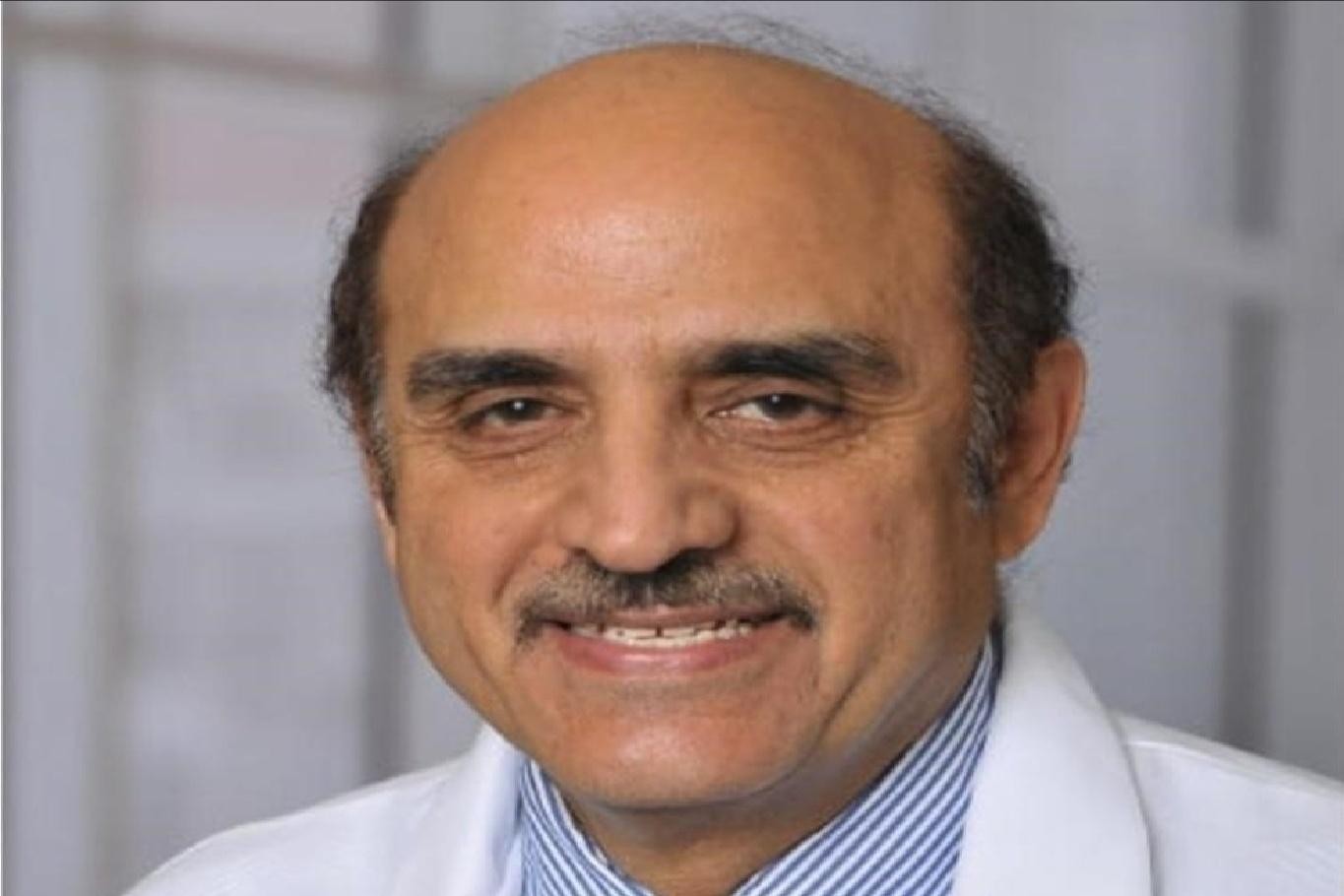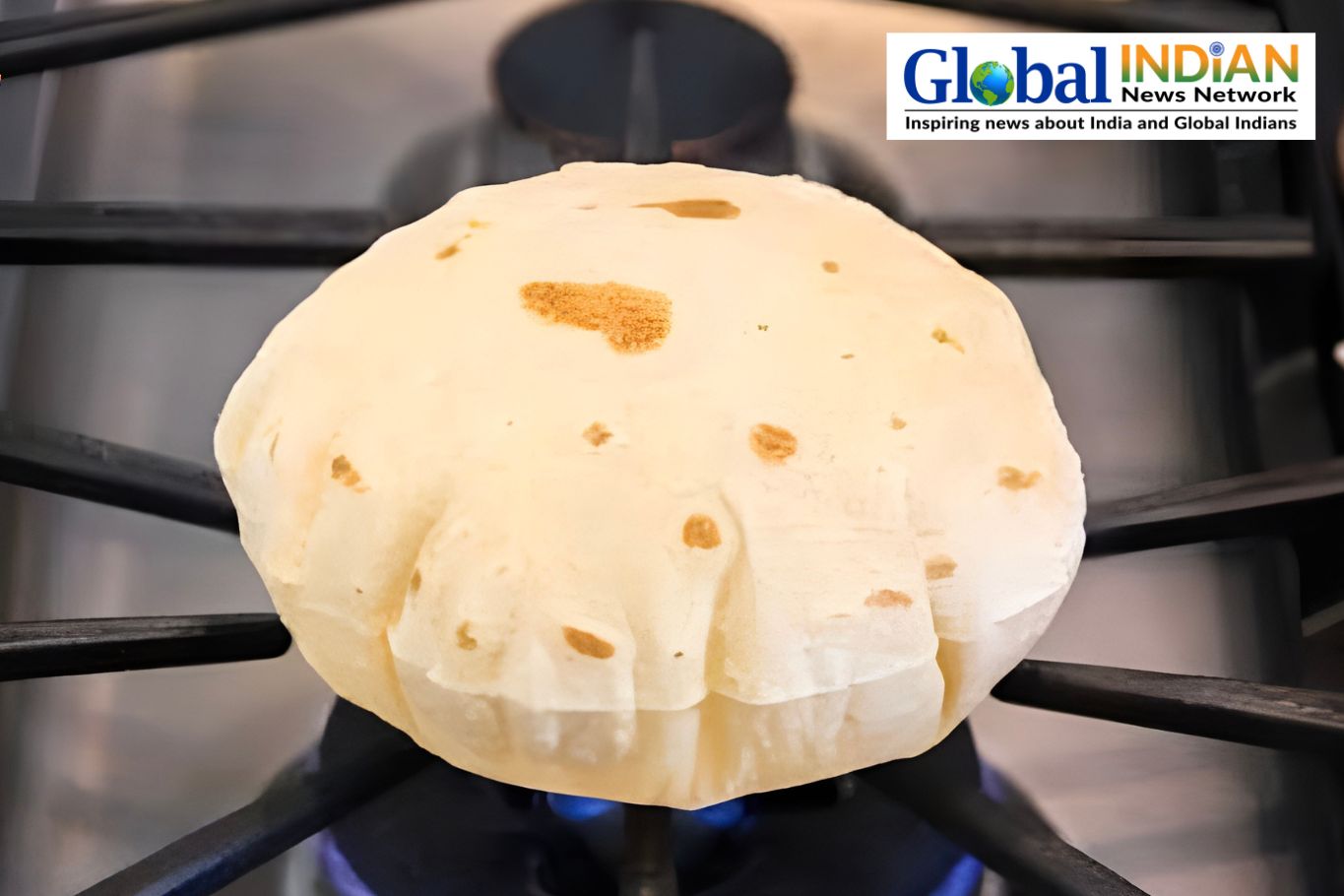
Kamal Mehta, a professor at Ohio State University, has made a significant discovery related to obesity by identifying a genetic mechanism within the liver. Focused on unraveling the complexities of metabolic diseases influenced by age and diet, Mehta’s research in biological chemistry and pharmacology has been dedicated to this endeavor.
Through studies conducted on mice lacking a specific gene associated with cholesterol regulation, Mehta’s team observed resistance to weight gain and a shield against insulin resistance. This observation led them to investigate further into the liver’s role in this genetic switch for obesity.
Their recent findings, detailed in the Journal of Biological Chemistry, shed light on the liver’s involvement in regulating body temperature and calorie burning through a receptor found in both the brain and peripheral tissues. Mehta expressed his excitement about the discovery, emphasizing the importance of signaling pathways in cholesterol homeostasis.
He explained their research methodology, highlighting the critical role of protein kinase C (PKC), particularly the PKCβ isoform, in cholesterol regulation. By studying mice lacking PKCβ specifically in the liver, they uncovered its pivotal role in combating obesity. Removing the PKCβ gene effectively acts as a genetic switch, preventing obesity onset.









